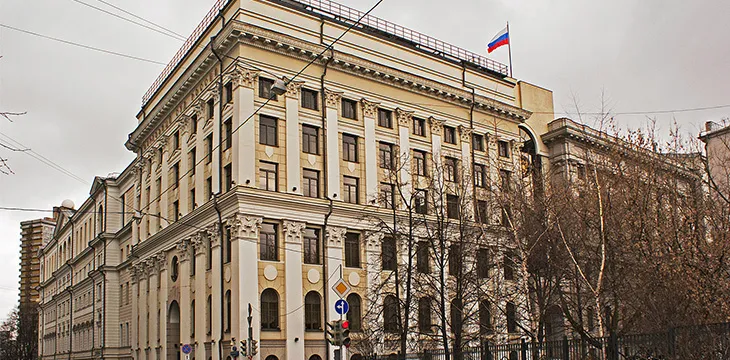|
Getting your Trinity Audio player ready...
|
On June 4, Lyudmila Novoselova, the chairman of the Court of Intellectual Rights of the Russian Federation, as well as a judge on the Russian Supreme Arbitration Court, called for the term “digital assets” to be included as part of Russian civil law. This according to a report by the state-run Federal Press.
Just two weeks ago, the Central Bank of Russia issued a statement where they expected to see a bill related to cryptocurrency adopted possibly within days but, just one day later, the largest private bank in Russia, Sberbank, opted to heed warnings from the central bank, choosing to drop plans on working with cryptocurrencies after repeated warnings from the central authority.
The central bank has backed a plan by the Russian government to issue its own cryptocurrency, suggesting that they aren’t against all digitial currencies, just those that they can’t entirely control.
With so much discussion about digital currencies, it seems to have made sense to Novoselova that digital money be included in the Russian Civil Code. In his introduction of a bill to provide for digital rights, the judge explained that regulation is necessary, especially in light of the fact that the tax system and the regulations that are currently in place seem to be lacking in enforcement. Plus, some aspects of the laws are so vague that it is hard for agencies to determine how they are to be applied to cryptocurrencies.
Because of these reasons, the judge pushed for lawmakers to create legislation that would regulate the assets of this industry, instead of seeking to prohibit it. Novoselova focused mainly on creating regulations that would help to track investments, including crowdfunding revenue.
There is already some regulation in the Russian Civil Code related to the digital currency world. In March, the State Duma had adopted a series of amendments on digital rights, but this did not seem to rectify a confusing world to regulators. The confusion led to a delay in the adoption of the legislation until the Financial Action Task Force on Money Laundering was able to specifically craft the legislation to incorporate crypto terminology.
With more Russians becoming increasingly involved in digital assets, it appears that Novoselova is looking for action to be taken as soon as possible to help ensure the integrity of the assets, as well as protect consumers. “Such objects exist and require regulation. Neither the tax accounting regime, the tax regime, nor the legality of transactions with such objects is clear,” the judge explained.

 07-08-2025
07-08-2025 





